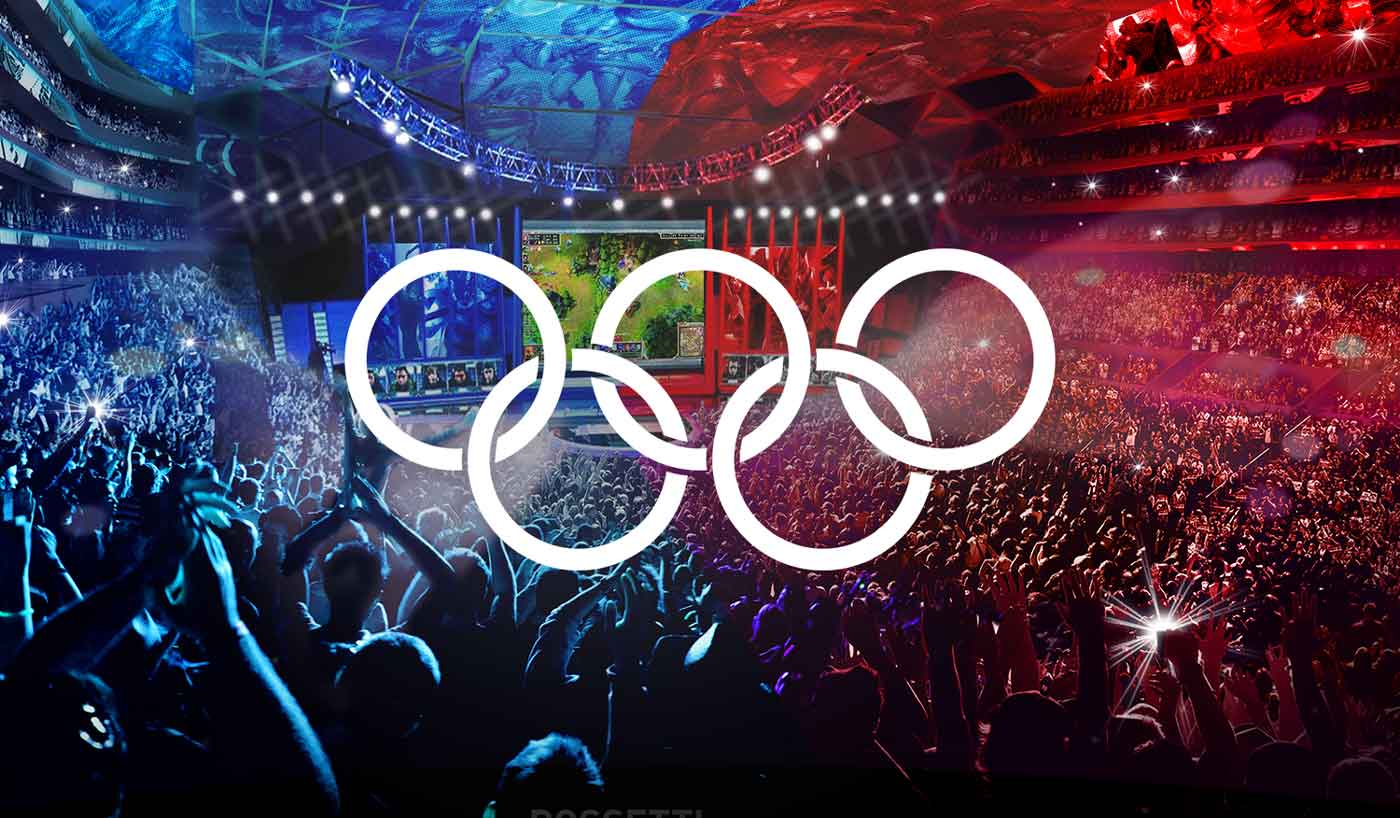The world of competitive gaming, known as esports, has grown exponentially over the past decade Esports Olympic. With millions of viewers tuning in to watch their favorite gamers compete, the conversation around including esports in traditional sporting events has gained traction. One particularly fascinating aspect of this discussion is the potential inclusion of esports in the esports olympics. This blog post will explore the rise of esports within the framework of Olympic competition, analyzing its history, challenges, and prospects.
The Evolution of Competitive Gaming
Competitive gaming has been around since the early days of video games, but it has transformed into a phenomenon that attracts bet88 global audiences and massive sponsorship deals.
Historical Context
The roots of competitive gaming can be traced back to arcade tournaments in the late 1970s and 1980s. Games like “Pong” and “Space Invaders” laid the groundwork for competitive play, but it wasn’t until the advent of home consoles and the internet that esports began to blossom.
Fast forward to the early 2000s, where titles like “Counter-Strike” and “StarCraft” started attracting organized tournaments with substantial cash prizes. Events such as the Electronic Sports World Cup and Major League Gaming began to establish themselves, setting the stage for what would become a billion-dollar industry.
The Rise of Online Platforms
As technology improved, so did access to competitive gaming. Online platforms such as Twitch revolutionized how players and fans engage with esports. Live streaming allowed gamers to showcase their skills while fans could connect, cheer, and learn from their favorite players in real-time.
This shift not only democratized gaming but also facilitated community building. Gamers no longer competed in relative obscurity; they emerged as celebrities within their communities, opening new avenues for sponsorships and endorsements.
The Mainstream Acceptance of Esports
The mainstream acceptance of esports became undeniable when traditional sports organizations began investing in the sector. Established brands recognized the potential audience and revenue streams that esports offered, leading to increased legitimacy for competitive gaming.
The establishment of collegiate esports programs and professional leagues further validated esports as a legitimate competitive field. Organizations such as Riot Games and Blizzard Entertainment have invested heavily in infrastructure, leading to the birth of well-organized leagues for games like “League of Legends” and “Overwatch.” As these leagues attract larger audiences, the possibility of joining forces with traditional sports becomes more apparent.
